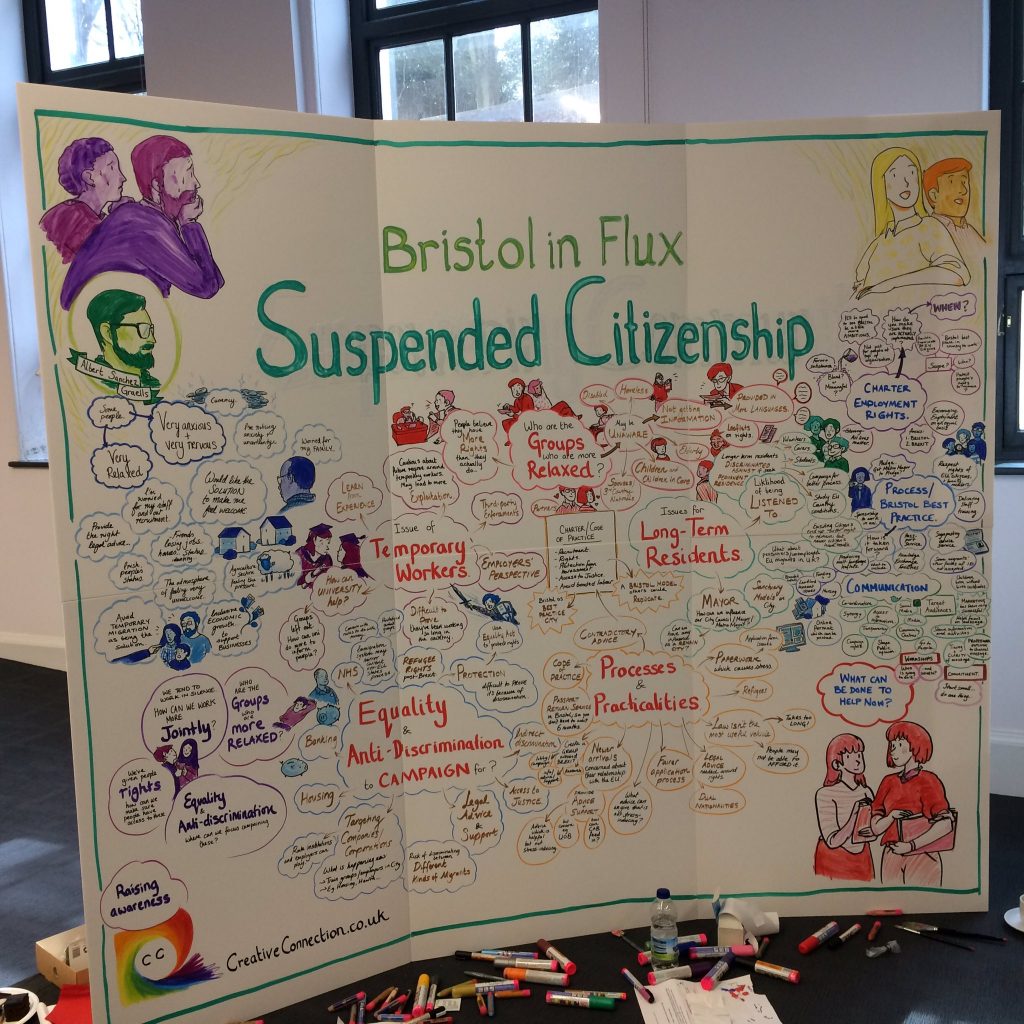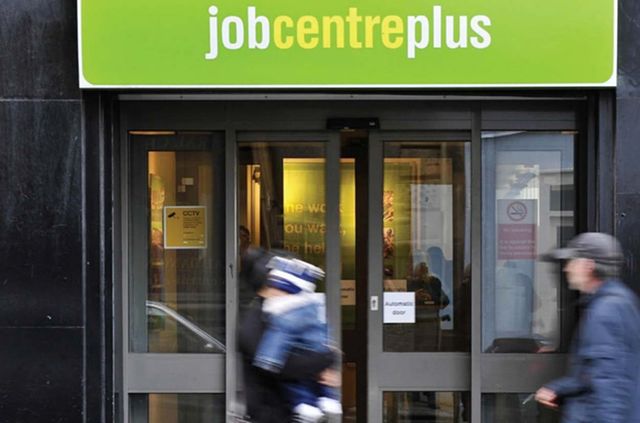
Dr Denny Pencheva
Senior Teaching Associate, Migration Studies and Politics, University of Bristol
In the wake of the COVID-19 pandemic, major agricultural companies and charities have chartered flights to urgently bring in tens of thousands of Bulgarian and Romanian agricultural workers. Flights have headed to places like Karlsruhe and Düsseldorf in Germany, along with Essex and the Midlands in the UK.
This comes after farmers in both countries warned there is a real risk that thousands of tons of produce might be left to rot – further affecting food supply chains – if vacancies for agricultural workers go unfilled.
The excessive demand for food during lockdown has meant that farm labourers are classed as key workers, which is why they are being flown to the UK and other Western European countries.


 An asylum appeal court: a judge’s view.
An asylum appeal court: a judge’s view. 
 According to
According to 




